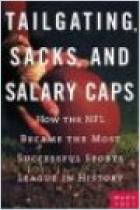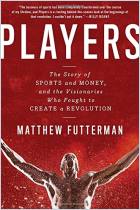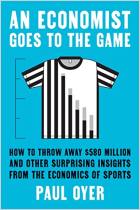
Recommendation
Each year, the same soccer teams win their league championships, and many soccer clubs operate in the red. Fans fret about the future of their beloved sport. How can soccer survive if most teams can’t pay their bills and never win? Sports economist Stefan Szymanski argues that soccer has a brilliant future. An amateur sports historian, he has assembled and analyzed business data on professional soccer since the 1980s. He examines the business of soccer and discusses how the fiscal realities affect the clubs, the players, the owners, the stadiums and everything else. He also details how 19th-century Britain shaped modern-day soccer. His bottom-line message is that soccer is in great shape today, and will be in better shape in the future. getAbstract recommends Szymanski’s in-depth analysis to soccer fans around the globe, and to anyone interested in how professional sports make and lose money.
Summary
About the Author
Co-author of the bestseller Soccernomics, Stefan Szymanski is the Stephen J. Galetti professor of sport management at the University of Michigan.




















Comment on this summary or 开始讨论